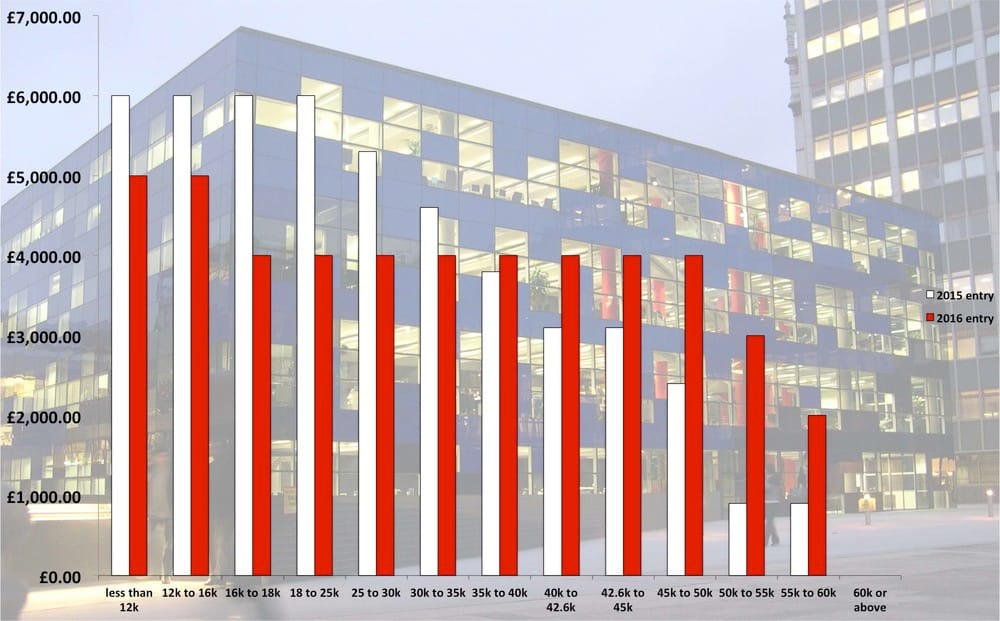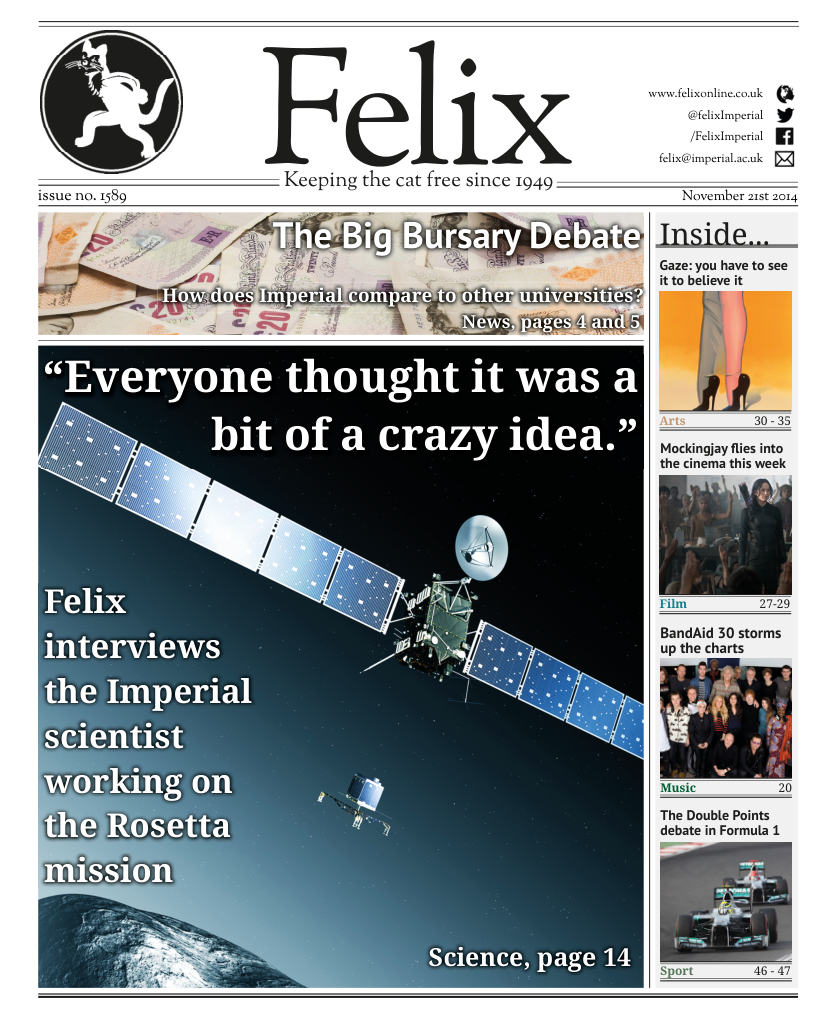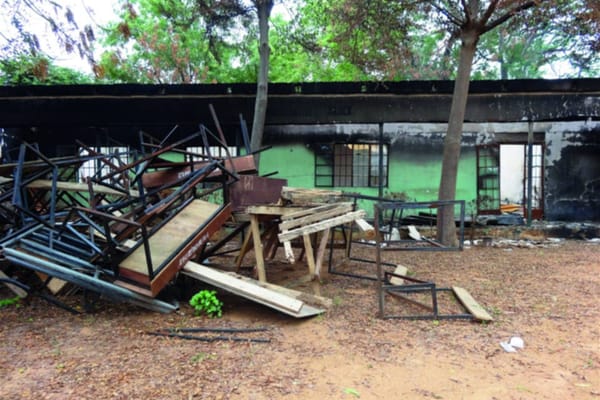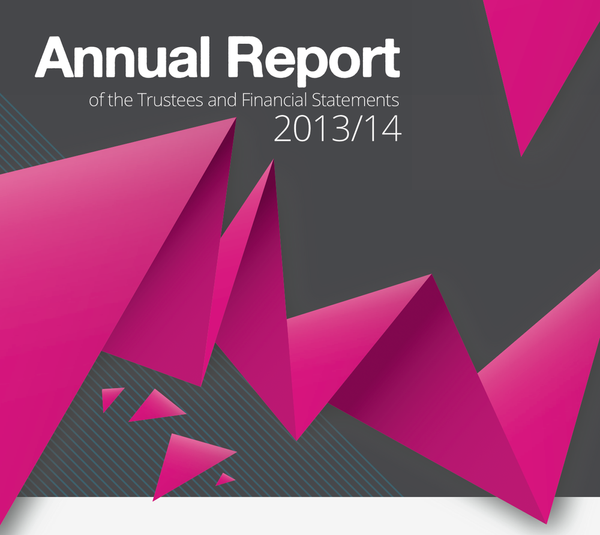Imperial Bursaries: how much will students have in their pockets now?
Philippa Skett investigates the recent “Anti-Robin Hood” bursary change

It was announced in Union Council last week that the bursary scheme for new entrants starting in Autumn 2016 was to change. It has altered to decrease funding for those from lower-income households and funding to increase for those students from households who have slightly more money.
The decision, made by the Provost Board at the end of October, was made to alleviate the financial pressures of those that come from higher income families but may not have guaranteed financial support. Bursaries are awarded to Home students only, and are paid for directly by the College, alongside the grants and loans on offer from the UK Government. Only the loans have to be repaid; the grants and bursaries go straight into the pockets of the students, and they don’t have to pay it back at a later date.
The Union Council quickly moved to “condemn” the decision, and College was quick to respond as to why they made the changes. College secretary & Registrar John Neilson spoke to Felix to explain the decision.
Said Neilson: “In the summer the previous team of Union sabbatical officers had prepared a thoughtful paper suggesting that students who come from households just higher than the lowest income bandings were facing the hardest time financially at Imperial.
“The last Provost’s Board considered the package of bursary support to be made available to home undergraduates starting in autumn 2016. We were keen to make the substantial sum available for such bursaries (some £7.7m) as useful as possible to students.”
Further concerns were raised over current Union President Tom Wheeler having only been granted a small window of time to consult students. The decision was made during the second half of October, with Tom Wheeler being given the “go-ahead” to survey students the scheme from the 16th. By the 31st, the Provost Board had met and decided on the scheme, which was then presented to Union Council in Wheeler’s paper on the 11th November.
When Felix asked directly as to why Imperial College Union’s consultation framework wasn’t used to make the decision, all that College said was that: “In the time available before the new undergraduate prospectus was finalised there was time to gather very wide range of views from students.
“It should be noted that the changes will not affect current students; they will apply to new entrants from 2016-17.”
Wheeler did endeavour to consult those students who currently are in attendance at Imperial, despite such a decision not affecting them. Wheeler surveyed 320 students, held a discussion forum and also emailed those who received bursaries directly to gather their views. In the survey, he queried whether current students who receive bursaries feel they get enough money to live on, and any other sources of income students may have.
With 73% of respondents saying that they found the money they received to be adequate, good or very good, many seemed to be happy with the current bursary scheme.
However some students who were surveyed did point out that although household income indicates the amount of money they receive as loans, grants and bursaries, parents are often unable to make up the difference in money needed for students to live on. Students from the higher income brackets were more likely to feel they did not receive enough financial support as a whole, something the College has appeared to address with an increase in funding for these students in particular.
In a report to the Provost Board, Tom stated that: “Our immediate reaction to this proposal was concern that reducing income for the poorest students would lead to unnecessary hardship, and would not be the most efficient use of College’s resources.”
The report continued: We are also concerned that the appearance of reducing funding given to the poorest students to ease the burden on middle-earning families would be a short-sighted and unpopular decision that doesn’t serve our most deprived members.”
The report was presented two days to the board, prior to the Provost’s board decision that was made on the 31st.
Despite this relatively short turn around, the bursary scheme has been heralded as “[representing] substantially the most generous bursary provision of any of the leading UK universities. It demonstrates the College’s strong commitment that every home student should be able to come and study at Imperial, irrespective of their circumstances.”
However, Council members are unconvinced that the changes are beneficial. Some are concerned about the apparent lack of consultation that took place in making the decisions. Said one anonymous Council member: “It’s disappointing that after Acton and the Chemistry move that College haven’t realised that poor consultations really aren’t the way to go. These changes have been made in an unacceptable manner and I hope they realise the negative impact that this will have on student satisfaction.”
Said another member: “Calling the Union President to a meeting at short notice and then ignoring his recommendations completely does not count as adequate student consultation. The Provost’s Board could at least pretend to treat students as equal partners in their education.”
The last time the bursary scheme was altered was for 2012 to 2013 applicants, when the tuition fee increase also took effect. The package is reviewed on an annual basis and minor adjustments are made, but this is the first major alteration since then.
The Access Agreement and Financial Support Working Group then reviewed the package. This is a panel of college staff from across all departments, including the Vice Provost of Education, Debra Humphris and also included the Union President. These then recommended the changes to the Provost’s Board.
Concluded College: “The College takes consultation seriously, but this does not mean that after consultation it will necessarily always agree on every aspect of an issue with the Union.”










